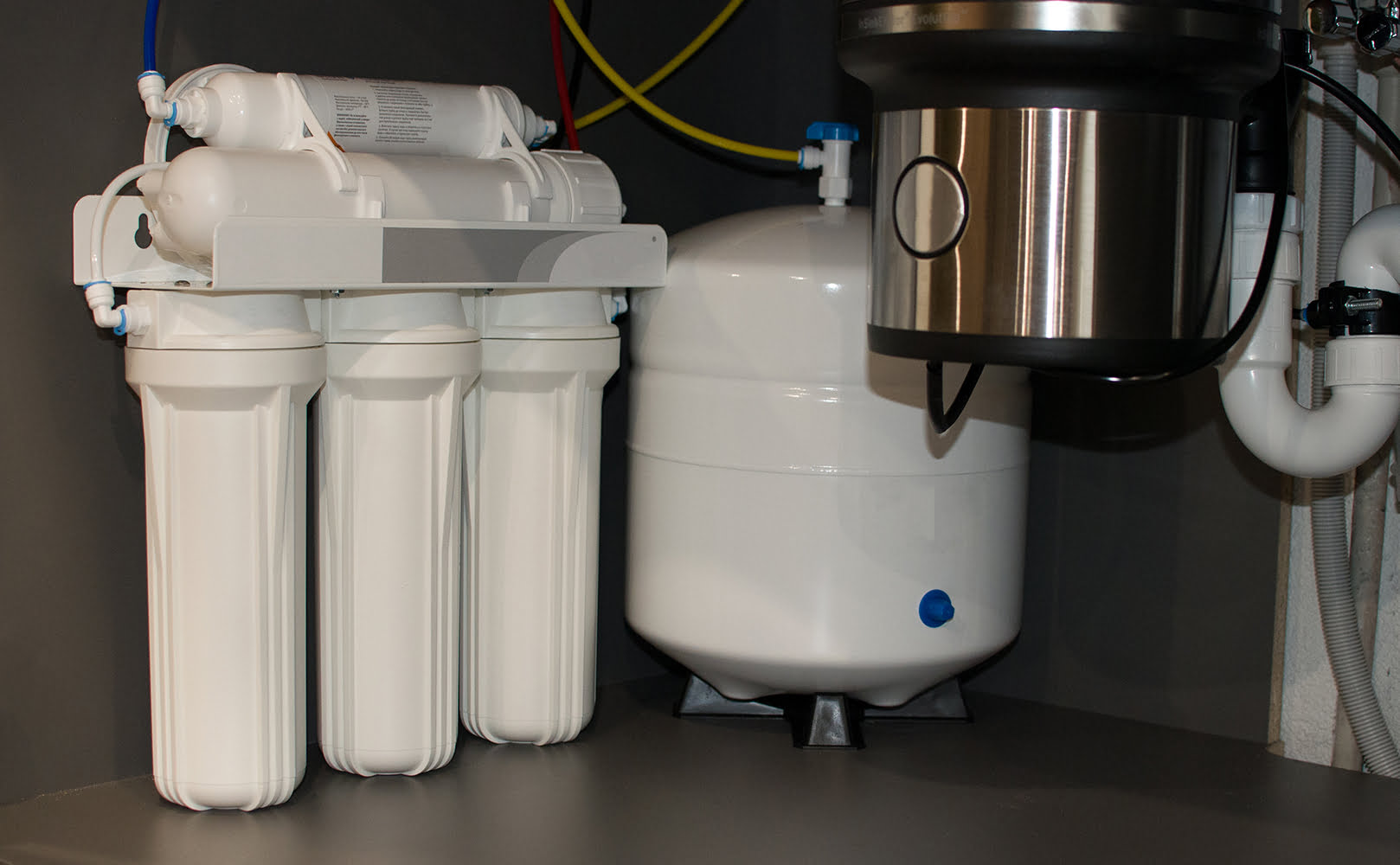Does Fluoride Evaporate Out of Water?
Written by: Gene Fitzgerald // Last Updated: Oct 20, 2022
This page may contain affiliate links. If you buy a product or service through such a link we earn a commission at no extra cost to you. Learn more.
Fluoride is best known for its dental benefits. This is why man communities fluoridate their water supplies – to help prevent tooth decay.
However, some studies have shown that too much fluoride could be harmful. This is because excessive fluoride ingestion can cause brittle bones, hypothyroidism, and poor cognitive development. In rare cases, it can also cause intoxication.
This is why many people prefer to take action to control their fluoride ingestion.
In this article, we will answer the question, does fluoride evaporate out of water?
Key Takeaways
- No, fluoride is a non-volatile mineral that doesn’t become gaseous at room temperature and will therefore not escape water through evaporation.
- Boiling water does not remove fluoride either. In fact, it can even increase fluoride concentrations.
Does Fluoride Evaporate Out of Water?
The quick answer is no. Unlike chlorine which becomes gaseous at room temperature, fluoride is non-volatile.
This means that it will not naturally escape from water through evaporation.
So, How to Remove Fluoride from Water?
Fluoride can be removed from water with the help of a water purification process. For example, this could involve trapping fluoride ions on a filter material.
Below are four different methods that can be used to remove fluoride from water.
1. Water Distillation
Water distillation is a process that uses heat to evaporate water, leaving behind impurities like fluoride. To do this, water is heated until it turns into vapor. The vapor is then condensed back into water, and the resulting distilled water should be free of almost all impurities, including fluoride.
2. Reverse Osmosis
Reverse osmosis uses pressure to force water through a semipermeable membrane. This membrane only allows water molecules to pass through, trapping contaminants like fluoride on the other side.
3. Activated Alumina
Some water filters use activated alumina to remove contaminants like fluoride. Activated alumina is a type of aluminum oxide that has been treated to increase its adsorption capacity. It works by attracting and binding fluoride ions to its surface.
Activated alumina can remove up to 90% of fluoride from water, making it an effective option for fluoride removal.
4. Bone Char Carbon
Bone char carbon filters are made from animal bones that have been charred. The pores of bone char carbon filters are small enough to trap fluoride ions onto their surface, effectively removing them from water.
Does Boiling Water Remove Fluoride?
No, boiling water does not remove fluoride. In fact, boiling water can increase fluoride concentration in your water: When water evaporates, it leaves behind any dissolved solids – including fluoride.
How to Reduce Your Overall Daily Fluoride Intake
One source of excessive fluoride intake is fluoridated tap water. This is why many people filter their water to reduce their daily fluoride intake.
Thus, water filtration is one way to try and control overconsumption of fluoride, but there are other ways to reduce your intake even further.
- Switch to fluoride-free toothpaste – Most tubes of toothpaste contain fluoride since it helps prevent tooth decay. However, there are fluoride-free toothpaste products available that can help you reduce your intake. But it’s best to consult your dentist before making the switch.
- Change the way you brew tea – Tea leaves tend to absorb fluoride from the soil. This means that brewed tea can contain high levels of fluoride. To limit your intake, steep your tea for a shorter time or use fewer tea leaves when brewing. You can also opt for tea made with purified water to reduce your fluoride intake further.
- Eat more fresh foods – Many processed foods are made with fluoridated water. To limit your intake, eat more fresh foods. This also applies to fruits and vegetables, especially because pesticides use fluoride. When possible, opt for organic produce.
- Check the labels of bottled water – Not all bottled water is created equal. Some brands use purified water, while others do not. When choosing bottled water, check the label to see if it contains fluoride.
Why Is Fluoride in Our Water to Begin With?
Fluoride is added to water supplies in some countries as a way to prevent tooth decay. This is because it helps to harden the enamel on teeth, making them more resistant to cavities.
The levels of fluoride added to water are carefully regulated. In the United States, for example, the Environmental Protection Agency (EPA) has set the maximum contaminant level goal for fluoride at 2.0 milligrams per liter (mg/L). This is the level at which no harmful health effects are expected.
Some people worry that fluoride in water is a dangerous chemical additive. However, it’s important to remember that fluoride is a naturally occurring element. It can be found in rocks, soil, and even air.
In fact, all water contains some fluoride. The levels vary depending on the source of the water and the surrounding geology. Groundwater usually has higher levels of fluoride than surface water.
Is Fluoride in Drinking Water Dangerous?
This has been a hotly contested topic for many years. Some people believe that fluoride levels in drinking water are too high and dangerous, while others claim that the benefits of fluoridated water outweigh any risks.
The verdict is still out on whether or not fluoride in drinking water is a good idea. Some studies have shown that it can lead to health problems, while others have found no clear link. Until more research is done, it is up to each individual to decide whether or not they want to filter their water to remove fluoride.
If you have any thoughts about the question, will fluoride evaporate from water, please don’t hesitate to leave a comment below!
Information provided on BOS is for educational purposes only. The products and services we review may not be right for your individual circumstances.
We adhere to strict editorial guidelines. Rest assured, the opinions expressed have not been provided, reviewed, or otherwise endorsed by our partners – they are unbiased, independent, and the author’s alone. Our licensed experts fact-check all content for accuracy. It is accurate as of the date posted and to the best of our knowledge.



